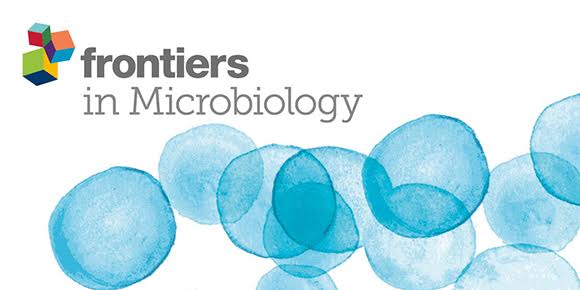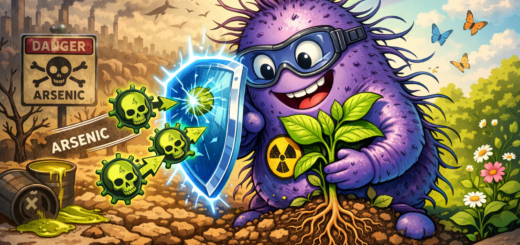Ameliorate drought stress

Root endophyte fungi help to reduce drought stress in strawberry
Excited to see this latest work of our REDES project #190078 funded by the Agencia Nacional de Investigación y Desarrollo (ANID, Chile). Here, we show how the root endophytic fungi, Penicillium brevicompactum and P. chrysogenum, extracted from the Antarctic plant Colobanthus quitensis, can be harnesses to alleviate drought stress effects in horticulture.
Morales-Quintana L. et al. 2022 Frontiers in Microbiology
Synopsis:
Strawberry is one of the most widely consumed fruit, but this crop is highly susceptible to drought, a condition strongly associated with climate change, causing economic losses due to the lower product quality. In this context, plant root-associated fungi emerge as a new and novel strategy to improve crop performance under water-deficiency stress. This study aimed to investigate the supplementation of two Antarctic vascular plant-associated fungal endophytes, Penicillium brevicompactum and Penicillium chrysogenum, in strawberry plants to develop an efficient, effective, and ecologically sustainable approach for the improvement of plant performance under drought stress. The symbiotic association of fungal endophytes with strawberry roots resulted in a greater shoot and root biomass production, higher fruit number, and an enhanced plant survival rate under water-limiting conditions. Inoculation with fungal endophytes provokes higher photosynthetic efficiency, lower lipid peroxidation, a modulation in antioxidant enzymatic activity, and increased proline content in strawberry plants under drought stress. In conclusion, promoting beneficial symbiosis between plants and endophytes can be an eco-friendly strategy to cope with drought and help to mitigate the impact of diverse negative effects of climate change on crop production.


